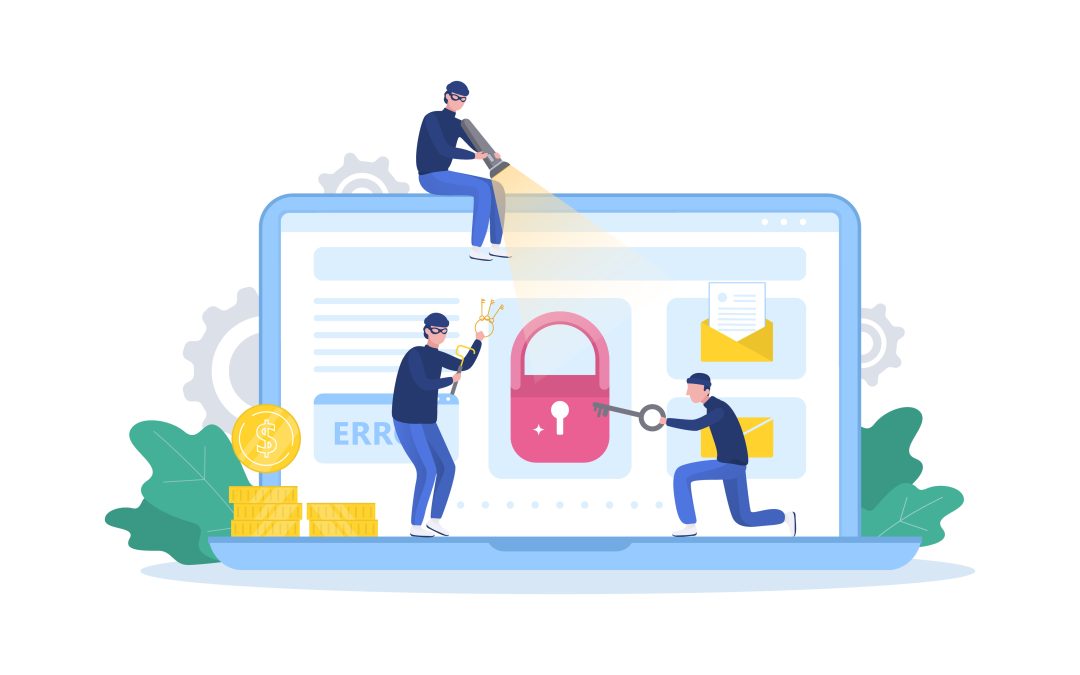
Financial Resilience: Mastering Budgeting and Forecasting in Uncertain Times
Budgeting and Forecasting for Uncertain Times: Navigating the Future with Confidence
For In today’s rapidly changing economic landscape, businesses and individuals alike are increasingly finding themselves in uncertain times. Whether it’s global economic shifts, industry-specific disruptions, or unpredictable external events, uncertainty seems to be the only constant. However, even in the face of ambiguity, effective budgeting and forecasting remain essential tools for navigating the future. In this blog post, we’ll explore strategies for financial planning during uncertain times and provide a solid foundation for growth amid the unknown.
Understanding Budgeting and Forecasting: A Quick Overview
Before diving into strategies for managing uncertainty, let’s clarify the difference between budgeting and forecasting:
- Budgeting is the process of setting a detailed financial plan for a set period (usually annually or quarterly), where you allocate expected revenues, expenses, and profits.
- Forecasting, on the other hand, is an ongoing process of predicting financial outcomes based on real-time data, trends, and any changes in the business environment. It involves adjusting predictions based on new information, often on a monthly or quarterly basis.
While budgeting sets your initial financial goals, forecasting allows you to adjust your expectations as circumstances evolve.
Why Budgeting and Forecasting Are Essential During Uncertain Times
The unpredictable nature of the modern world makes traditional, static budgeting less effective. For example, businesses might face unexpected supply chain disruptions, sudden shifts in customer demand, or inflation spikes. These variables can derail even the most meticulous budget.
By implementing adaptive forecasting and flexible budgeting practices, you create a financial roadmap that adjusts as the road conditions change. With the right approach, these tools help you to:
- Stay focused on financial goals, even as external factors fluctuate.
- Allocate resources to where they are needed most, without overspending or underfunding key areas.
- Monitor cash flow more effectively, reducing the risk of insolvency.
- Identify emerging trends or risks in time to mitigate them.
Key Strategies for Budgeting and Forecasting in Uncertain Times
Adopt a Flexible, Rolling Budget Approach
One of the key challenges in uncertain times is the unpredictability of future events. Instead of locking yourself into an annual budget, consider implementing a rolling budget. This type of budget is adjusted quarterly or even monthly, with revised estimates based on the latest data and forecasts.
With a rolling budget, you can:
- Quickly respond to changes in the business environment, such as new economic conditions or unexpected expenses.
- Better anticipate seasonal variations and market fluctuations.
- Align resources and costs with current realities, rather than outdated predictions.
Scenario Planning: Plan for Multiple Futures
Uncertainty comes from the unknown, but that doesn’t mean we can’t prepare for different potential outcomes. Scenario planning allows you to forecast several “what-if” scenarios, such as best-case, worst-case, and most-likely cases.
By accounting for a variety of possible futures, you’re better positioned to:
- Assess the impact of extreme disruptions, such as a sudden recession or a supply chain crisis.
- Ensure that your business can continue to operate smoothly regardless of which scenario plays out.
- Make informed decisions when prioritizing investments or cost-cutting measures.
Focus on Cash Flow Management
When times are uncertain, cash flow is king. Even profitable businesses can falter if they lack enough liquidity to cover day-to-day operations. Tight cash flow can become even more problematic during times of crisis, where access to credit or capital may be limited.
To manage cash flow in uncertain times, it’s essential to:
- Regularly monitor and project your cash flow to avoid surprises.
- Build up a financial cushion (emergency fund) that can help you weather short-term disruptions.
- Identify ways to reduce overhead costs and improve your cash cycle (e.g., negotiating longer payment terms with suppliers or offering early payment discounts to customers).
Use Data-Driven Forecasting
Accurate forecasting relies heavily on data—and in today’s world, businesses have access to a wealth of it. Whether you’re a small startup or a large corporation, investing in real-time data analytics tools can provide a clearer picture of market trends, customer behavior, and operational performance.
Data-driven forecasting allows you to:
- Track financial performance in real-time and adjust forecasts as needed.
- Identify patterns and trends that can help you make more accurate projections.
- Assess risk with more precision by using historical data and predictive analytics.
Incorporate Contingency Plans
Even with the best budgeting and forecasting strategies, unexpected events can still occur. That’s why it’s critical to build contingency plans into your financial model.
- Allocate a portion of your budget to cover unforeseen costs.
- Set aside funds for investments or opportunities that may arise during uncertain periods.
- Be ready to pivot your financial priorities quickly when the unexpected happens.
A well-designed contingency plan can be the difference between survival and failure during turbulent times.
Prioritize Strategic Cost-Cutting and Efficiency
In times of uncertainty, cost-cutting becomes essential, but it needs to be done strategically. The goal is not to slash budgets across the board, but rather to focus on efficiency improvements and prioritize spending that drives growth.
Look for areas where you can:
- Streamline operations to reduce waste and improve productivity.
- Automate processes to lower labor costs and increase efficiency.
- Reevaluate discretionary spending (e.g., marketing, travel, or office space) to ensure that investments align with your current priorities.
By focusing on cost efficiency rather than just trimming expenses, you’ll be in a better position to continue investing in areas that support long-term growth.
How Cheryl Jefferson and Associates Can Help
Financial planning during uncertain times is tough to navigate, the expertise of professionals can make all the difference. Cheryl Jefferson and Associates specializes in helping businesses create and implement effective budgeting and forecasting strategies tailored to the unique challenges of today’s market.
Their team of financial experts provides actionable insights and customized financial planning to ensure your business stays agile, manages cash flow effectively, and builds resilience for the future. Whether you need assistance with rolling budgets, scenario planning, or data-driven forecasting, Cheryl Jefferson and Associates are here to guide you every step of the way.
By partnering with Cheryl Jefferson and Associates, you can turn uncertainty into opportunity and confidently steer your business toward sustainable growth.
Conclusion: Stay Agile and Resilient
In uncertain times, effective budgeting and forecasting are not just about predicting the future—they’re about preparing for multiple possibilities and adapting as conditions change. By using flexible, data-driven strategies, prioritizing cash flow, and incorporating contingency plans, you can not only survive uncertainty but thrive in it.
It’s all about creating a financial plan that is resilient, adaptive, and capable of withstanding the unexpected. As the world continues to change, your ability to adjust your financial strategies with confidence will be one of the most important factors in ensuring long-term success.
Interested in learning more about how Cheryl Jefferson and Associates can help your business navigate uncertain times? Reach out today for a consultation and start planning for a more secure financial future.
Contributed By: Amanda Dunning





